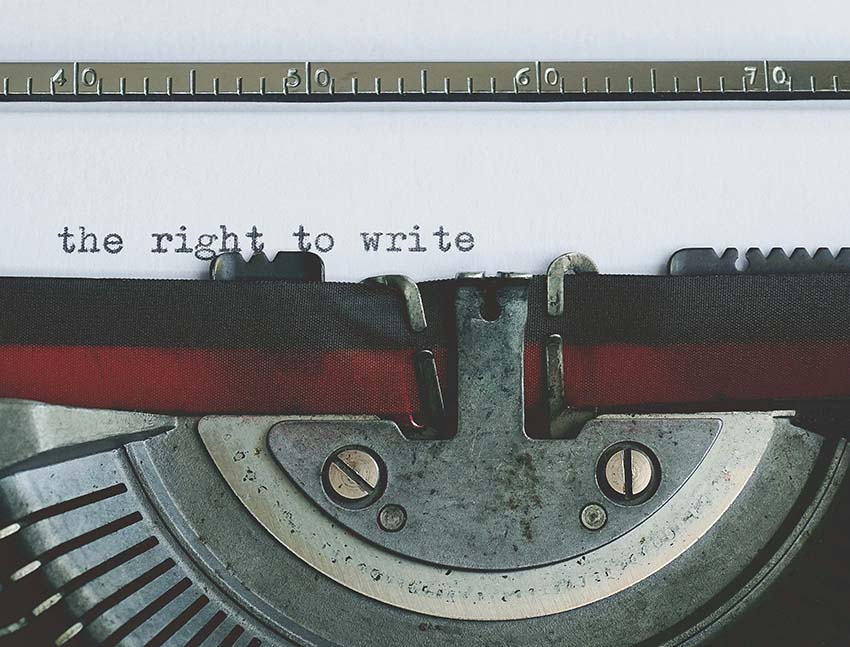The freedom to voice dissent, critique policies, and hold governments accountable is a quintessential hallmark of any thriving democracy. Yet, in today’s India, this fundamental right—enshrined in Article 19(1)(a) of the Constitution—seems increasingly endangered, especially in the context of Manipur. Over the past 16 months, this once-tranquil state has been engulfed by ethnic strife and pervasive violence, leaving its citizens bereft of security, justice, and hope. The government’s spectacular failure to stem the tide of bloodshed and provide protection has exacerbated public frustrations. Consequently, social media has become an indispensable outlet for expressing outrage, dissent, and sorrow, as citizens grapple with the deteriorating situation. However, as this digital discontent swells, so too does the repressive apparatus of the state, employing intimidation, coercion, and even arrest to quell dissent.

Manipur’s ethnic violence—marked by the loss of numerous innocent lives—has unleashed waves of despair and fury among its people. The violence, intertwined with deep-seated ethnic grievances, has created an explosive social climate where the government’s inability to contain the situation, let alone bring about a semblance of peace, has only intensified the public’s disillusionment. As militant attacks continue to wreak havoc, civilians remain the unfortunate casualties, while justice remains an elusive ideal. The immediate reaction to such violence often takes a predictable course: Joint Action Committees (JACs) are formed, protests are staged against the government, negotiations ensue, and a temporary resolution is reached. Yet, this cycle merely repeats itself, as the state fails to deliver substantive justice or long-term peace. In this vicious loop, the people yearn for accountability, but it is a yearning often met with silence.
As the eminent French philosopher Jacques Derrida once astutely observed, “It is just that there be law, but law is not justice.” This profound reflection speaks not only to the incalculable nature of justice but also to the reality that legal structures alone are insufficient to guarantee fairness or equity. In Manipur, the dissonance between the mere existence of laws and their proper enforcement is starkly apparent, as justice remains elusive for its beleaguered population. Legal mechanisms, though present, are either inadequately applied or neglected, leaving the populace to bear the brunt of systemic failures. The chasm between the government’s professed duty to protect life and property and its failure to deliver in practice has resulted in the tragic loss of countless lives, the devastation of homes, and the deepening of societal rifts.
Manipur’s citizens must recognize this unsettling dichotomy and hold the government accountable for its recurrent failures—not only in terms of governance but also in ensuring that the rule of law is fairly and consistently applied. The situation demands that the public channel their frustrations constructively. While the anger born of such systemic injustice is unquestionably justified, venting it through vulgarity, vitriolic language, or ad hominem attacks against lawmakers will accomplish little. It is through responsible, well-reasoned criticism that the people can apply meaningful pressure on the government. Informed, articulate opinions rooted in justice and fairness have the potential to ignite change, restore order, and compel the authorities to safeguard lives and protect the rights of citizens.
However, such responsible expression cannot emerge in a vacuum. It requires support—both from the legal community and from the media fraternity. There must be a concerted effort to equip ordinary citizens with the tools to express themselves in a manner that is both impactful and within the bounds of legality. The importance of fostering citizen journalism in this regard cannot be overstated. In an era where traditional media is often beholden to corporate interests or political affiliations, citizen journalists—those everyday individuals who document and report on issues of public interest—have the potential to play a transformative role in shaping public discourse.
Yet, the rise of citizen journalism in Manipur, as elsewhere, is fraught with peril. The state has shown an increasing propensity to crack down on those who dare to voice dissent, particularly through social media. Arrests, legal threats, and police intimidation have become disturbingly commonplace. A chilling example of this repressive trend can be seen in the case of a PhD scholar from Manipur, who recently found herself embroiled in legal trouble after criticizing the government’s imposition of an internet ban. The ban, ostensibly enacted to curb the spread of inflammatory content amid the ongoing ethnic violence, was lambasted by the scholar on Facebook. Despite her comments being a lawful exercise of her constitutional rights, the scholar was visited by police officers and faced the threat of arrest—an experience clearly intended to intimidate and suppress her voice.
This case is but one instance in a broader, nationwide pattern of the state deploying legal instruments to silence dissent. India’s ranking on the global Press Freedom Index, where it now languishes at 159th out of 180 nations, reflects a precipitous decline in the country’s commitment to upholding free speech. The chilling effect of such repression extends beyond journalists and academics, pervading the entire public sphere. The V-Dem Institute’s Democracy Report 2024, which ranks India among “one of the worst autocratizers,” underscores this democratic backsliding. It is within this constricting environment that the people of Manipur find themselves, caught between the twin perils of government inaction on the one hand and state repression on the other.
The need to support and protect free speech in such a context is not merely urgent—it is existential. As the internet and social media become central arenas for public discourse, the challenge is to ensure that these platforms remain spaces for free expression rather than zones of censorship and fear. While the spread of misinformation is undoubtedly a concern, it cannot serve as an excuse for the wholesale suppression of dissent. The government’s heavy-handed response to social media critiques, particularly in Manipur, risks stifling legitimate grievances and pushing citizens further into the shadows of fear and silence.
It is here that the legal community must step up. Manipur, like many parts of India, has its share of legal aid providers, but there is an acute need for dedicated teams of lawyers who can defend free speech and protect those targeted for expressing their views. These legal professionals must provide their services either pro bono or at minimal cost to ensure that the defense of free speech does not become a privilege reserved for the wealthy or well-connected. They must be at the forefront of safeguarding citizens’ rights to express themselves freely and responsibly.
Simultaneously, media organizations must play a pivotal role in educating the public about responsible expression. It is not enough to merely provide news coverage; media institutions must also offer training, both online and offline, for aspiring citizen journalists. This training should focus on ethical reporting, fact-checking, and the legal parameters of free speech, ensuring that citizens are not only equipped to report on issues of public concern but also aware of the responsibilities that come with such a role.
The relationship between the media and the public must, therefore, evolve into one of collaboration. The traditional model of journalism—where media organizations acted as gatekeepers of information—has given way to a more decentralized and democratized landscape. In this new paradigm, the role of the media is not just to report the news, but to foster a well-informed citizenry capable of holding those in power accountable. The public, for its part, must develop a keener awareness of the forces shaping the news they consume. Ownership structures, political affiliations, and corporate interests all influence media narratives, and citizens must learn to critically assess the sources of the information they encounter.
The rise of citizen journalism also demands that the public embrace a more nuanced understanding of the law. As noted earlier, the Constitution does not grant special rights to professional journalists; the freedom of speech and expression applies equally to all citizens. This universality of rights means that every individual—whether a seasoned reporter or an ordinary netizen—must be equipped with the knowledge to exercise their freedoms responsibly. Constructive criticism, rather than inflammatory rhetoric, is the tool most likely to effect meaningful change.
However, empowering citizens to exercise their right to free speech is not merely about legal protections or media literacy; it is about cultivating a culture of dissent, debate, and democratic engagement. The people of Manipur—and indeed, all of India—must be supported in their efforts to voice their concerns, critique their government, and demand justice. But they must also be encouraged to do so in a manner that is constructive, informed, and responsible. Vulgarities and personal attacks on lawmakers may provide a fleeting sense of catharsis, but they ultimately undermine the credibility of those seeking justice. Instead, the focus must be on articulating coherent, thoughtful critiques that can galvanize public support and put pressure on the government to act.
In order to effect real change, the battle for free speech in Manipur must commence in earnest. The state’s ongoing ethnic violence, coupled with the government’s increasingly repressive tactics, has created an environment where dissent is both perilous and indispensable. The time to reclaim the right to speak freely and hold those in power accountable is now. Only through a concerted, collective effort—where citizens are empowered to express their views responsibly, and supported by both the legal fraternity and the media—can Manipur hope to break free from the shackles of authoritarianism and foster a culture of democratic engagement and justice. The battle for free speech must begin today, before the very foundation of democracy is irrevocably eroded.












